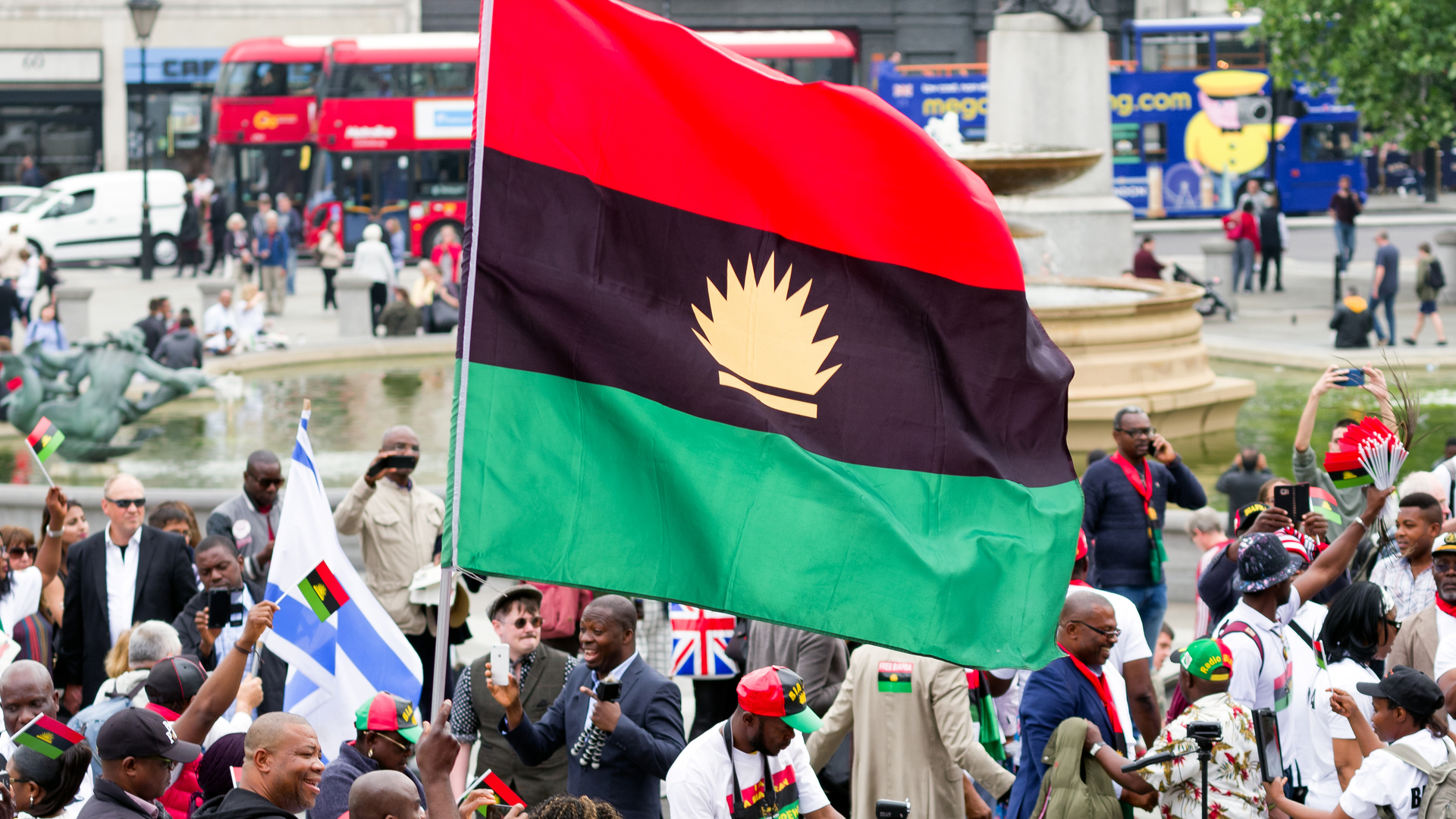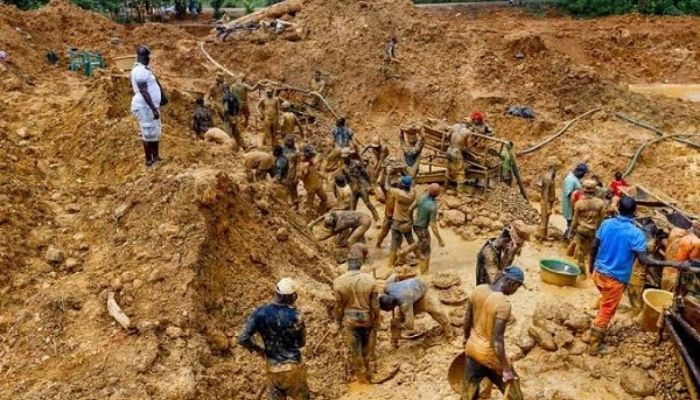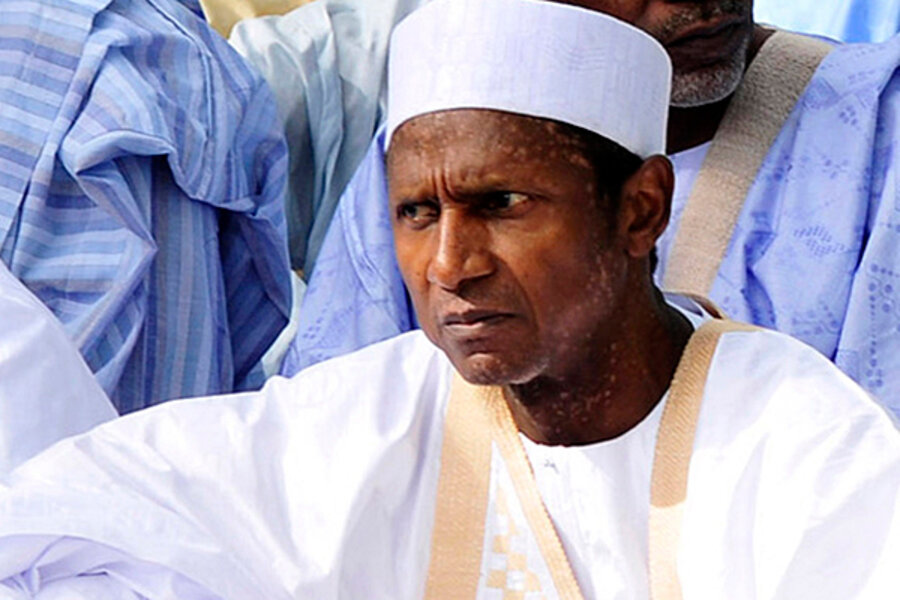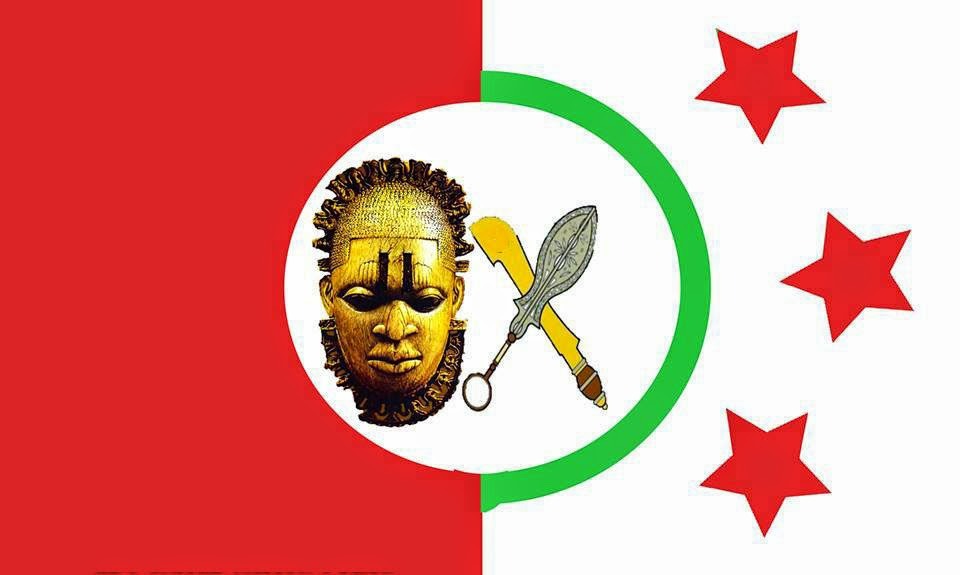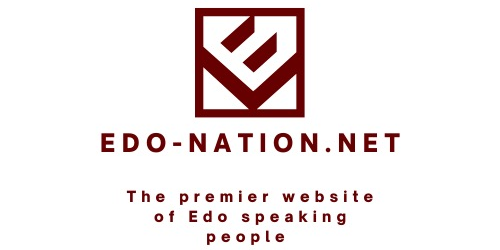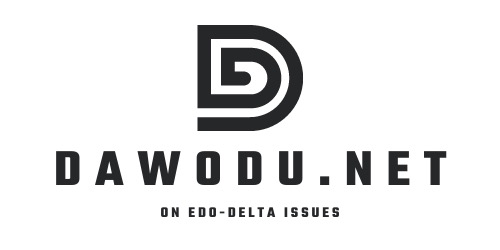culled from VANGUARD, March 10, 2006
Exactly a week ago, I was on African Independent Television, AIT, morning programme, KAKAKI, to discuss the on-going constitutional amendment. I have lost count of how many times I have appeared on that programme and on other TV stations to discuss the issue of constitution making since June 1999. For me, there is a historical perspective to all the present sentimental pre-occupation with an otherwise necessary political step. It is simply the suspected motive of the present drivers of the amendment that has made the matter a sentimental one. And the fly in the ointment is the volatile issue of tenure extension for the President and the Governors.
That has created some sticky points for some people. To some, Third Term presents the frightening prospect that those who feel oppressed and marginalized now would have to bear such conditions for another four to 12 years! To others, it means that some arrogant and corrupt people currently in various positions (it is not only the Presidency and the Governorship that are at issue) could buy reprieve with Third Term. There are things that make the present exercise rather ironic. When the civil society organizations and progressive Nigerians were clamouring for a constitutional review, those in power would not hear of it. From 1999, the Citizens Forum for Constitutional Reform worked tirelessly on constitutional reform till it produced a model constitution, which members of the National Political Reforms Conference got a copy each.
While working on the reform, the CFCR engaged both the Presidential Committee and the National Assembly Committee on the constitution reform. The interesting experience was that at every meeting, these committees would agree with the CFCR on the flaws in the constitution and other preambles, only to amazingly turn round to recommend the maintaining of the status quo! It appeared that the politics of the moment was more important to the legislators. Some of them are the same people puffing and huffing all over the country today trying to sneak an unpopular amendment on the people! Now that they have woken up to the need for a constitutional reform, most Nigerians, including the civil society, would not hear of it! Apart from the emotive issue of tenure extension, some of the resistance can be located in the mechanism adopted by the Mantu-led Committee. The CFCR consulted Nigerian stakeholders from the local government level, to the state level and then held a National Conference in Abuja in November 2002. The reasons are manifold. First, the constitution is about Nigerians, all Nigerians, and belongs to them.
Two, the process of constitution making is as important, if not more, as the substance of the document. Otherwise you cannot get a buy-in of the majority of Nigerians. My worry, and it is the worry of many Nigerians, is that when this new document comes out, it is likely to be essentially a Peoples'' Democratic Party constitution. The hunger for a peoples'' constitution will persist, with all the attendant political dislocations and disruptions. We are never going to put the issue of constitution behind us and concentrate on nation building. Of course, the PDP would claim, as many are already doing, that those who concocted the amendment are representatives of the people. But will this claim stick? It must be emphasized that only a constitution the making of which is inclusive and participatory has the capacity to remove all structural limitations to our freedom, unity and greatness. The government, if it truly desires peace, must work with the civil society and all stakeholders in the country to give Nigerians a constitution they can truly call their own.
The objective of such a constitution must be to remove acrimony among the peoples of Nigeria, give every Nigerian his due political space for self or group actualization, expand the frontiers of our liberty, strengthen our democratic institutions and not stifle them, deepen democracy in order to evolve an enduring political culture. It is difficult to describe the public hearing as a charade. Let us just assume that the people who organized it believed they were doing the right thing. Let us equally assume that the people who made submissions took the event seriously and were serious people themselves who took their presentations equally seriously. On Monday 6 March, the Joint Constitution Review Committee sequestered itself in Port Harcourt, ostensibly to collate the reports of the zonal public hearings.
That was before an Abuja High Court presided over by Justice Olasumbo Goodluck ordered a stay of further action. But would the JCRC have said that what they went to Port Harcourt to collate were the voices of Nigerians? Did the various zonal organizers really listen to the voices of Nigerians or was it a case of the committees being hard of hearing for predetermined purposes? How many Nigerians made it to the zonal venues of the Public Hearings? How many views there reflected the popular views of the people of the area? Is there anything that suggests that the JCRC would accurately reflect the popular views of majority of Nigerians on the contentious Third Term, no matter what it is? Can this process adopted by the JCRC give credibility to its work? Why is the Nigerian state afraid of the Nigerian people? The single most troubling issue in this country is the capture mentality of the political elite and its military counterpart.
At no time does either the politicians or the military agree that Nigerians have a say in their governance. Elections are never free and fair. Elections are simply for taking the nation and its resources captive. And, if it is the military you don't even breathe a word about popular participation. That is why the country lurches from one crisis to another, sometimes with multiple injuries. Those who rig themselves into power become all-knowing, not because they really know better than the rest of us, but simply because they must continue to rig in order to sustain themselves in power. Otherwise what is so special about a constitutional amendment that it would become a matter of ambushes and preemptive strikes? And the few who brew our national crises are never there to drink their evil brew when the time comes. They escape abroad or squirrel themselves into their private offices until the next time. The nation is groaning once again on account of the activities of such people and they are hard of hearing, even in these times of public hearings! When a dog is determined to stray, the scent of its favourite delicacies no longer appeals to her.
The Magic And Burden of GSM
Since my coordinates began to appear on this page they have become a source of joy as well as a burden. It feels good to know that there are many out there itching to engage me in interactive sessions. Many do not always agree with me. That is as it should be. What we do here is to provoke discussion on our nation; better dialogue than violence. On the Ohaneze article of Tuesday 28 February I got 22 SMS on the first day from as far away as Benin Republic. On the second day, the capacity of my phone needed expansion! My Email box needs a bigger meg! But the burden, nuisance really, is that many flash me. I don''t know if they really expected me to call them back! Indeed, I did call one flasher back out of curiosity and what I got confirmed to me that the flashers are the odd ones. The gravel voice of the flasher sounded drunk. He asked if I was Pinick Jackson or Penny Johnson? After which he announced that he was calling from Abuja and knocked off. You get all sorts in this business of making enemies (apologies Dele Giwa). But we do survive! THE BEKO INTERVIEW. Friday 3 March article: A Day With Beko, provoked an unexpected avalanche of enquiries about the interview. Many wanted to know the date the Vanguard published it. The date is Monday 27 June 2005. As for those who requested for the transcript, I am sorry. The interview is the copyright of Chinua Achebe Foundation. I have no powers to publish it. I don chop the money since! Those interested can go to Chinua Achebe Foundation website or contact Vanguard librarian. I Thanks you all for your appreciation.




